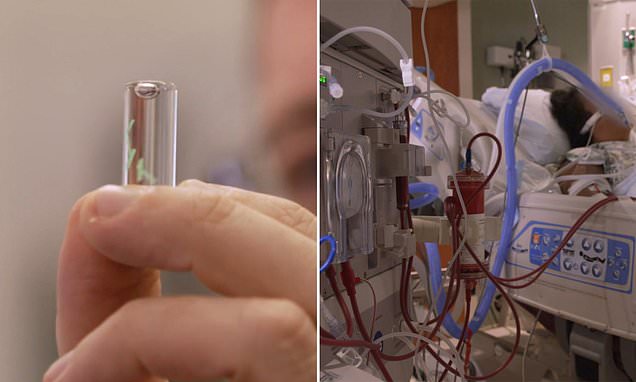the issue with J&J is actually giving decent governmental transparency (not sweeping anything under the rug). it's going to cause some vaccine hesitation and skepticism, of course, but it should actually be giving us confidence in the process.
The transparency would be achieved with reports, the most raw data available made public and press releases. I suppose they're already doing what they can.
Stopping vaccination because of a 1 in 1 million effect, that even if really caused by the vaccine would be still lower than the incidence in the general population does not give me confidence.
They can inform the public, stay carefully watching and analyzing and while numbers aren't higher let those who want and know the issue get the vaccine.
In my view this overreaction is just eroding confidence. Some may think things are worse than published and some that they are as published but the authorities are inept at interpreting it.
"Out of an abundace of caution" is one of the least reassuring euphemisms.
Others may think it's all an excuse to justifiy to voters the buying of other more expensive vaccines.
Now that they have announced/leaked/whatever the EU deal with Pfizer and Moderna, they can see what the public reaction is and once it's signed they can go back to vaccinate with J&J and AZ.
I'm not saying I'm sure the authorities are corrupt or incompetent, just that the look is more of FUD than confidence.
I only hear doctors calling to continue with the vaccines and the authorities pausing or stopping. Why?
I can understand politicians worried with opinion polls, but I would expect them to simply heed experts on these issues.
the approvals were fast-tracked, but the trials and such were done correctly for each vaccine.
Well, yes but we still don't know if you're going to stay with your new single eye on your hands or you're going to get one more every six months, do we ? I mean stereo sight around corners is fine and all, but if it keeps going on It could cost you a lot on glasses.
The point is not that the trials were wrong (OK, most were wrong if you care for contagion, but right about death/symptoms. Contagion was just too hard to assess and not given enough priority).
The point is that the trials were short and therefore the manufacturers are not giving any warranty. There was an urgency for that, no doubt.
But if one case in one million (J&J) or one case in 100000 (AZ) is cause for doubt , pause and DK is leaving AZ forever, then how come the trials where just around 20000-40000 people ?
I'm not saying that the trials should have been even bigger, I know Phase IV is there for a reason, just that the incoherency doesn't help.

www.dailymail.co.uk

